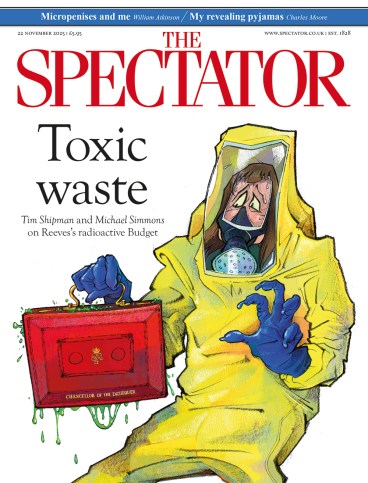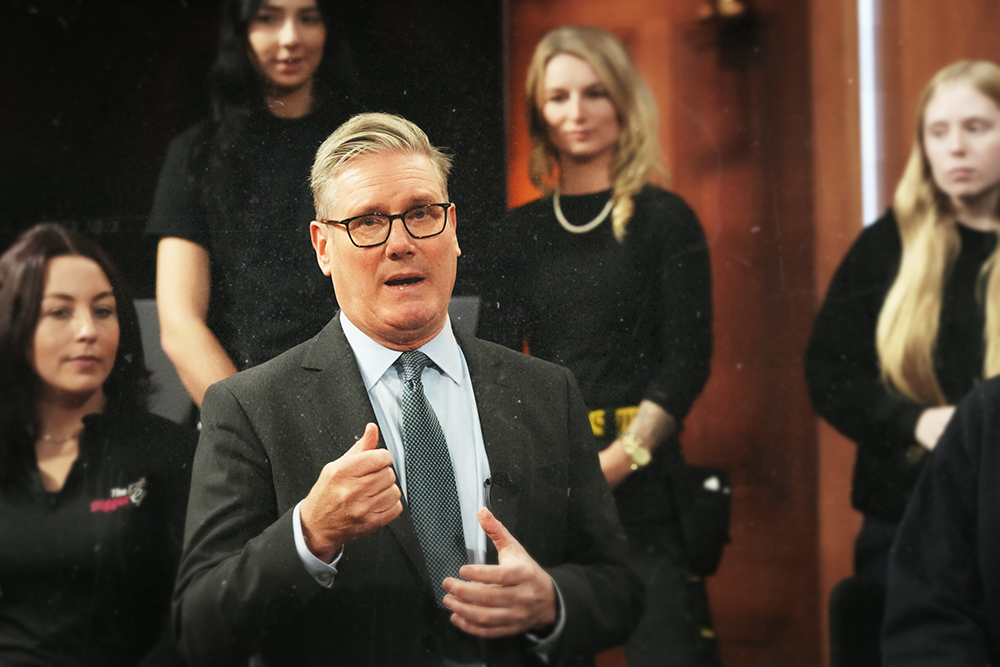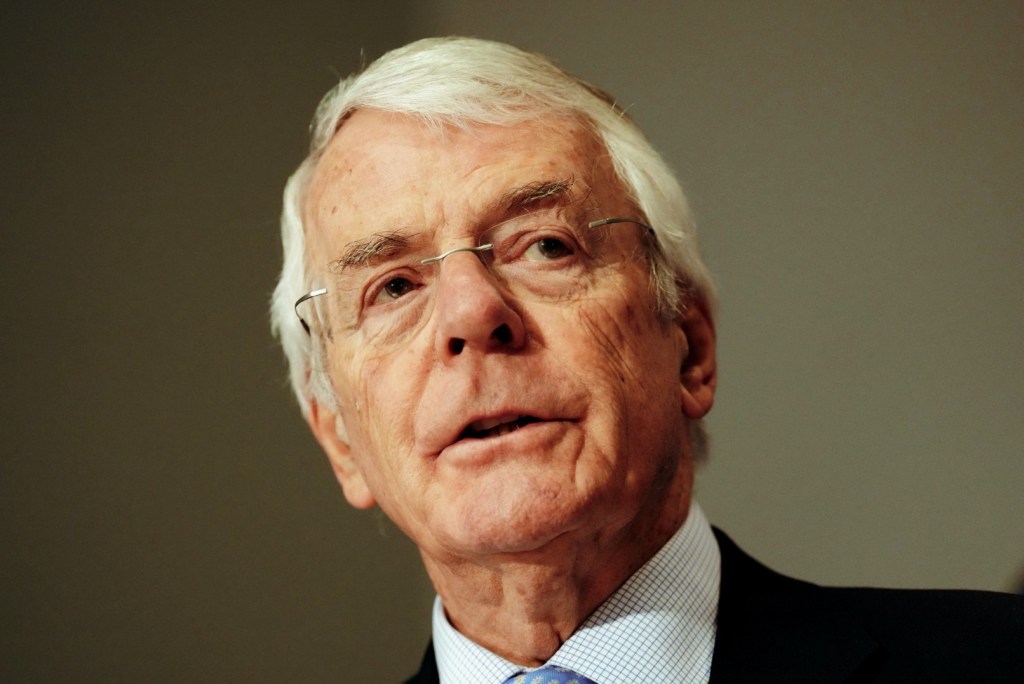
Finding someone who ‘likes’ Sir Keir Starmer is a terribly enervating quest, and I have given up on it without success. It is true that I have not contacted Sir Keir’s close family members, or indeed canvassed inside the walls of Broadmoor hospital, so it may be that some tiny reservoirs of affection remain. Less reservoirs than sumps, really. But the generality is that people seem to loathe him – the responses I get when I accost people in the street and say, ‘What do you think of Sir Keir Starmer?’ are largely unprintable, except in London, where for some reason the most common reply is to invoke the name of the author of The Critique of Pure Reason, which is mystifying.
Whatever, people detest him. They think he is useless, bland and untrustworthy, indecisive and stupid. In the words of an elderly gentleman in my village: ‘I wouldn’t waste my piss watta on him if he were burning to death.’ You get the mildly homicidal flavour.
The question, then, is whether Sir Keir is a singularity, a black hole of perceived badness, surpassing everything bad that went before it. There seems to be a common consensus that this is a pretty appalling government, a conviction which I suspect will only strengthen after next week’s Budget. According to a whole bunch of indicators, it has performed poorly – but I do not think that those sorts of indicators are the reason people have developed such an animus. I think it is more visceral – and I would go further and suggest that pretty much the same disaffection would be there if Andy Burnham or Wes Streeting were our prime minister. Or, for that matter, Kemi Badenoch or Nigel Farage. Bear with me here: this is not an attempt to absolve Sir Keir from the crime of being absolutely bloody useless on a kind of epic level. He is, I think, all of that. It is just to suggest that even if he weren’t, he would still be hated with just as much venom by just as many people.
Sir Keir plumbed to his approvability nadir at the end of September, according to an Ipsos poll, which made him the least popular prime minister since records began. That is some achievement. But who did Sir Keir oust from that coveted No. 1 spot? Yes, it was his predecessor, Rishi Sunak, whose polling in the lead up to the 2024 election was the worst of any prime minister dating back to when records began in the 1970s.
And from whom did Rishi steal that crown? Yes, his predecessor Liz Truss, who in October 2022, YouGov said, scored the worst favourability rating of any sitting PM – resulting in her not sitting for very much longer – and in doing so edged out the previous holder Boris Johnson, her predecessor, who in 2022 equalled his predecessor’s dissatisfaction rating of 70 per cent, again according to an Ipsos poll. That predecessor was, of course, Theresa May, who also set records for how fast her favourability/satisfaction as prime minister fell.
There is a festering resentment and a detestation of the political class, from whichever party you care to mention
Do you begin to see a little of what I mean? It does not matter who they are, we will hate them – and the question is why this should automatically be the case. Indeed, were it not for a 1 per cent difference here or there, pretty much every prime minister dating back to the truly lamentable John Major would have had an unfavourability rating exceeding that of his or her predecessor.
That suggests to me that something is going on. Possibly with them. More likely with us. It seems to me that effectively we are becoming ungovernable.
The easy answer to this growing febrile dislike of our governing class – and especially of prime ministers – is that the two-party system has outlived its usefulness and that neither Labour nor the Conservative party is capable of offering to the people the policies they want. As a member of the Social Democratic party, I have some sympathy for this notion. It is certainly true that on one of the key issues, immigration, the electorate has been serially betrayed, dating back at least 30 years. Nor is the left/right divide so simple as it once was: the division now is between a kind of deranged hyperliberalism and populist nationalism, even if my suspicions are that the majority of the population do not fit easily into either of those camps.

This argument falls down, however, when you look at the favourability rating of the man who would break the mould, Nigel Farage. Even now, with a commanding lead in the polls and having presided over a spectacular triumph in the May county council elections, the Reform leader is still heartily disliked by a large majority of British people. A YouGov poll last month put his unfavourability rating at 63 per cent.
Further, while his party has tipped the scales at 35 per cent in a couple of polls, it seems unable to get past that number and has largely settled at just below the 30 per cent mark. I can’t see this changing – although I’ve been wrong about Reform’s polling potential before. My point, though, is that a Reform government would almost certainly exceed Sir Keir’s unfavourability rating, no matter how admirably it performed.
The answer is more about our own state of perpetual dissatisfaction in a country which has been assuaged or coddled by 70 years of peace and affluence, a dissatisfaction greatly amplified by social media. There is out there, in the moronic inferno of the internet, a multiplicity of competing silos of hatred and discontent, their voices amplified by the impermeable nature of the bubble in which they are trapped. Very little that is done by any government meets with their accord. Instead there is a festering resentment and a detestation of the political class, from whichever party you care to mention. It is why politicians are physically attacked more often and why so few talented people would wish to enter the profession. Sir Keir’s poll ratings may be an accurate reflection of the job he is doing. But they are also a reflection of how we have become.









Comments